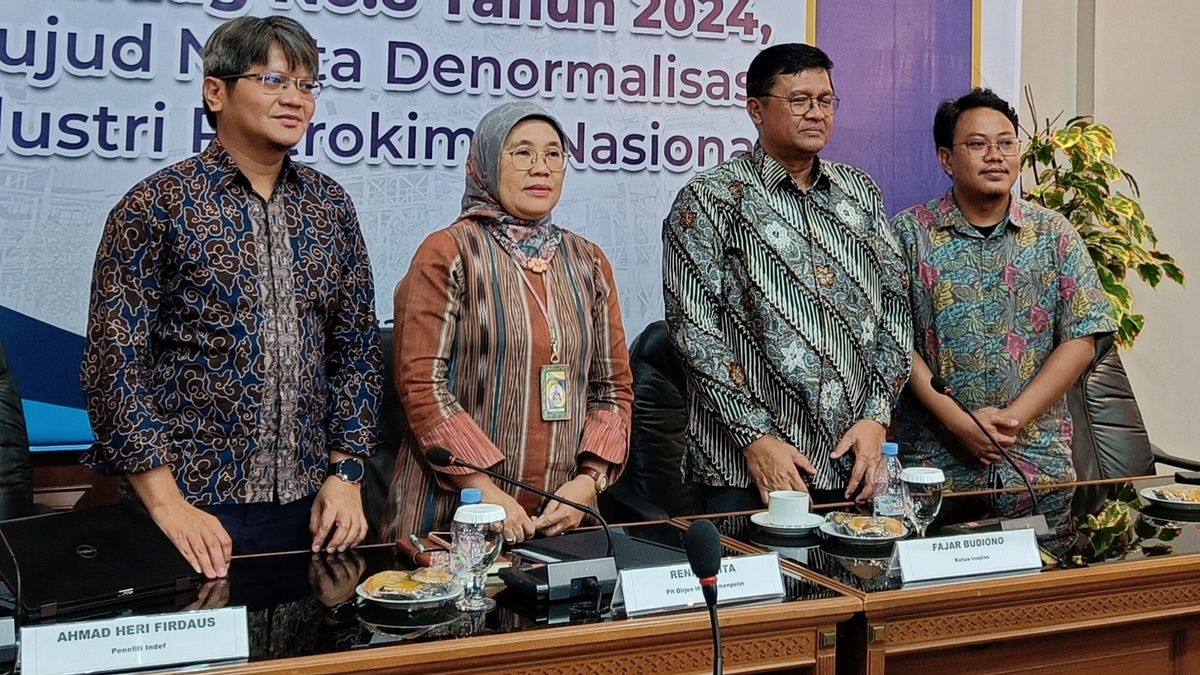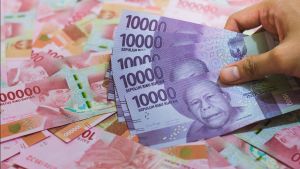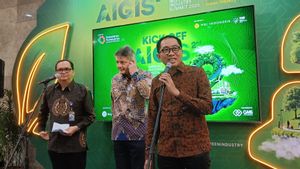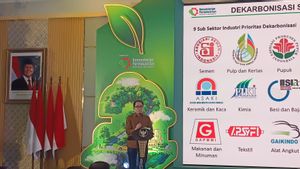JAKARTA - The Indonesian Olefin, Aromatic, and Plastic Industry Association (Inaplas) said that the invasion of textile and textile products (TPT) imported goods could trigger domino effects.
Not only does it cause waves of layoffs (PHK) to the closure of textile factories. However, it provides challenges in the national chemical industry.
"Currently, the domestic textile industry is in a total bankruptcy situation, considering that the government has opened the widest possible imports of cheap TPT with good quality. Permendag No. 8/2024 and several other conveniences are hitting the national textile industry," said Secretary General of Inaplas Fajar Budiono at the Ministry of Industry office, Jakarta, Monday, July 8.
"The government must decide whether to continue to support the textile industry, which currently employs 3.5 million people. This is because the textile industry is a labor-intensive industry that absorbs the largest workforce in Indonesia," he added.
This was conveyed by Fajar because the TPT industry is one of the sectors for using products produced by the upstream chemical industry, including the aromatic industry.
"Due to the flood of imported goods from TPT, it also has a direct impact on the decline in petrochemical production in the upstream petrochemical industry. Several polyester industries have stated that they are closed and others can immediately follow if conditions continue to worsen. The current utilization of the polyester industry is only 50 percent. This is a point where it is difficult to maintain factory operations," he said.
"We want the interests of the industry to be protected. Currently, the domestic aromatic industry is bleeding," he continued.
SEE ALSO:
This condition, he continued, was exacerbated by a signal of decreasing demand in other industries and users of Petrochemical products.
Salah satunya untuk penjualan mobil nasional yang sedang turun.
"In the automotive industry, although sales in June began to rise, production has started to decline. This means that the goods in the warehouse have also begun to run low, while the demand is just like that," explained Fajar.
"We also estimate that although inflation is still below 3 percent, what we have to see is that there are concerns by the end of this year," he added.
The English, Chinese, Japanese, Arabic, and French versions are automatically generated by the AI. So there may still be inaccuracies in translating, please always see Indonesian as our main language. (system supported by DigitalSiber.id)
















